Optimising gas and flame detector layouts in hazardous manufacturing and production plants
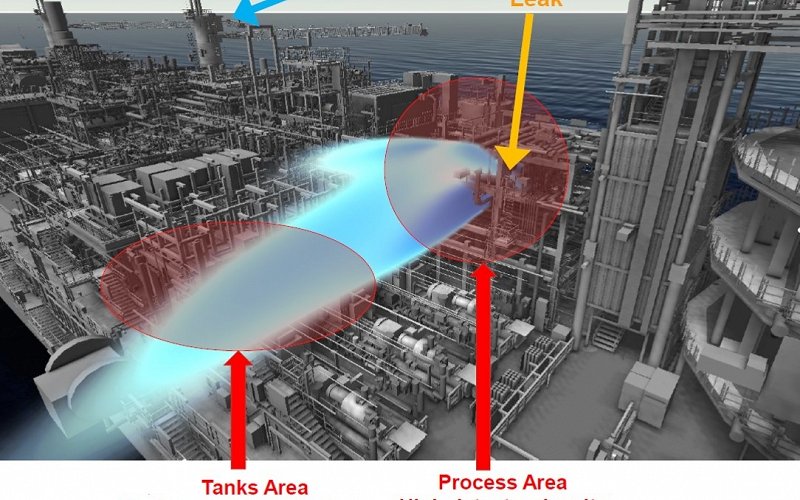

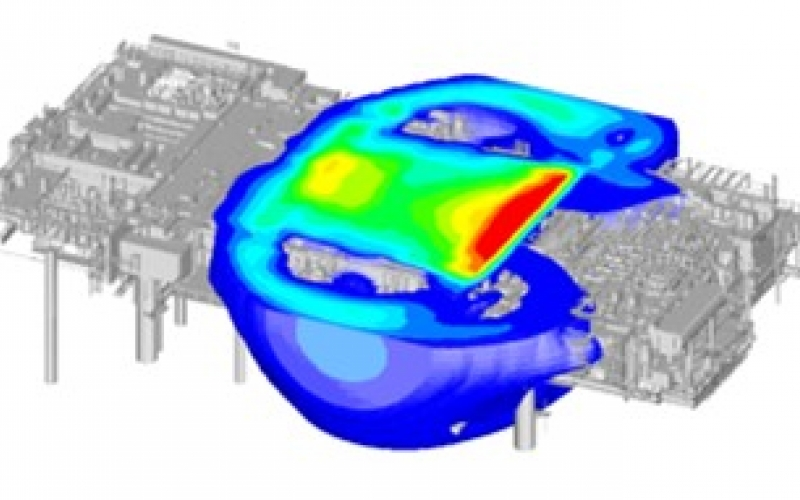
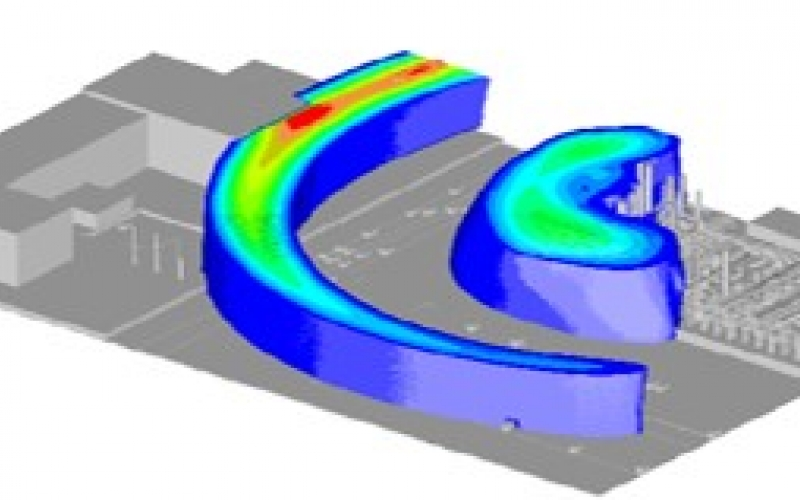
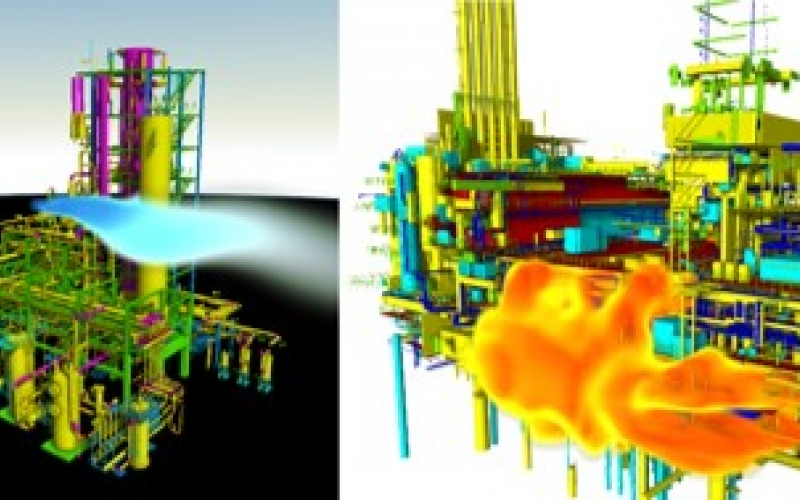
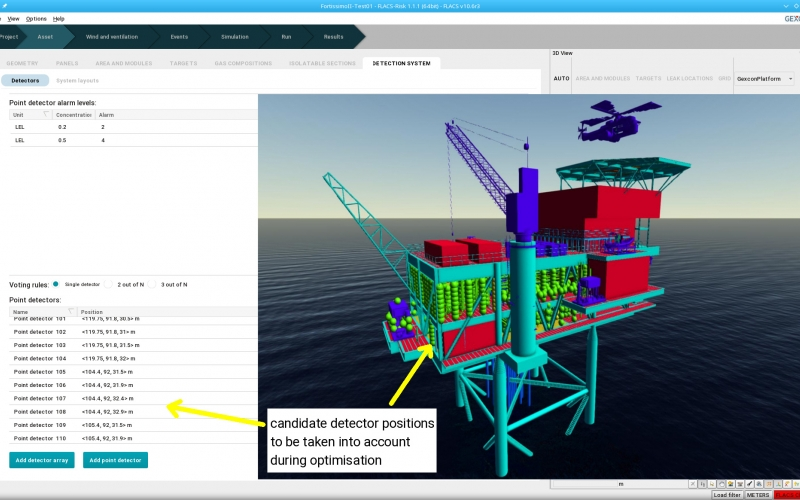
Micropack is a British SME which designs, manufactures and installs its own range of detectors for use in fire and gas safety. It also consults on fire and gas safety design and gas dispersion. Gexcon AS is a Norwegian company and the market leader in dispersion, fire and explosion modelling software for hazardous production areas. Gexcon develops the multi-physics modelling application FLACS, a simulation tool used worldwide for safety studies.
The Challenge
Gas detectors are commonly installed in manufacturing and production facilities where hazardous substances are processed (such as oil and gas installations), to automatically alarm and trigger safety measures in response to leak events. Gexcon, the software provider, produces FLACS, a CFD modelling software used for safety studies. To date, the amount of computing power required for a CFD-based optimisation of gas detector layouts has been prohibitive in terms of both costs and time. Gexcon and Micropack joined forces to develop the next-generation methodology for gas detection system design.
The Solution
The goal of the Fortissimo experiment has been to provide FLACS as Software as a Service (SaaS) offering, with the usage of HPC fully integrated in the FLACS GUIs, under the new product name “FLACS-Cloud”. The new service enables Gexcon’s customers to tap into powerful HPC-cloud resources seamlessly from the GUI, so that it appears no different to the user compared to accessing a local cluster. The key difference is that the users only pay for the time that they use, making it much more cost-effective. The access to HPC computing resources available through the FLACS-Cloud service renders it feasible to apply proper CFDbased optimisation to the placement of gas detection systems. This is expected to result in reduction of the costs for the installation and maintenance of the detection system, and lowering the risk of severe accidents in a facility.
Business Impact
Using FLACS-Cloud, Micropack and other users can improve safety and reduce the costs of detector installations and ongoing operational expenses in industrial and manufacturing facilities that incur potential risks of gas leaks, explosions, fires, and other hazards.
Optimisation means that fewer detectors are needed to cover the same space. The cost savings of one or more detectors per sector of the detection system can quickly add up to figures in excess of €100,000. Typical gas detection systems can easily comprise multiple tens of detectors, so the savings can run into millions of Euro per installation.
The use of on-demand resources is attractive to Micropack, as they save tens of thousands of Euro on computing equipment. Using HPC, a project’s computing phase can also typically be shortened by up to a factor of ten (compared to using in-house resources), which will allow to service more clients, and offer a better client experience.
Gexcon will offer FLACS-Cloud via the Fortissimo Marketplace and continue to develop cloud-based industrial safety software and business models.
Benefits
- Potential savings into the millions of Euro for a typical installation.
- The realisation of FLACS-Cloud, creating revenues for Gexcon.
- Computational speedup, up to a factor of 10, using HPC over traditional resources.
- Improved placement o f detectors, therefore improving safety.
Organizations Involved
End User: Micropack
HPC Expert and Provider: EPCC
ISV: Gexcon
